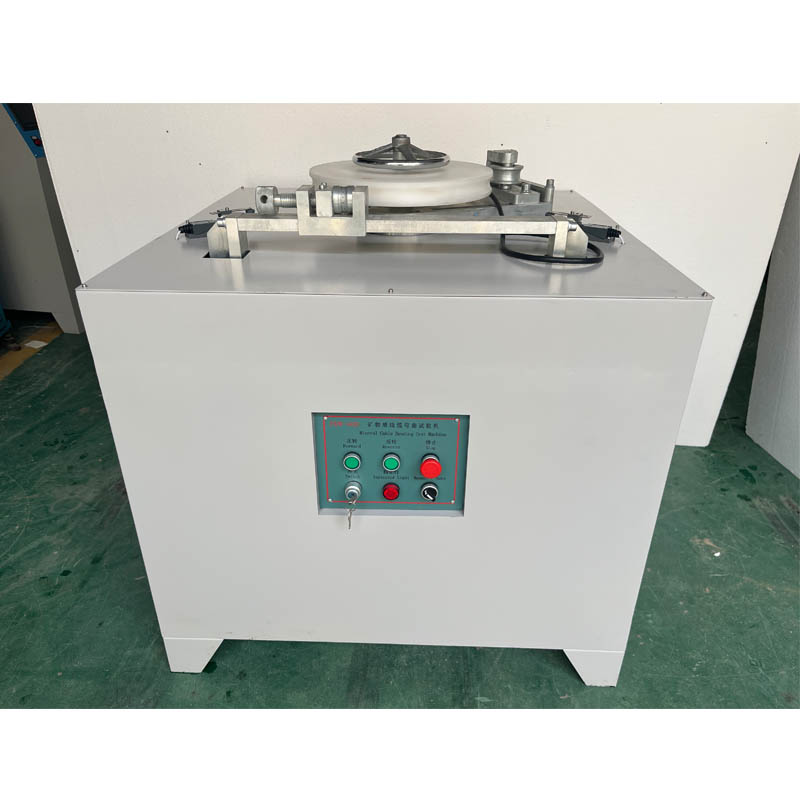Insulation Resistance Testing in Manufacturing Facilities for Enhanced Safety and Reliability
Understanding Insulation Resistance Tests in Manufacturing Factories
Insulation resistance testing is a crucial procedure utilized in various manufacturing environments to ensure the safety and reliability of electrical equipment. This process involves measuring the resistance of the insulation surrounding electrical conductors, circuits, and systems. A comprehensive understanding of insulation resistance tests and their significance can help factories maintain high standards of safety and efficiency.
What is Insulation Resistance Testing?
Insulation resistance testing measures the effectiveness of electrical insulation in preventing current leakage. The test typically involves applying a high voltage to the insulation material and measuring the resistance in ohms. High insulation resistance values indicate that the insulation is functioning correctly, while low values may signal potential faults, such as moisture ingress, physical damage, or age-related degradation.
Importance of Insulation Resistance Testing in Factories
1. Safety Assurance One of the primary reasons for conducting insulation resistance tests is to ensure the safety of workers and equipment. Electrical failures can lead to severe accidents, including electric shocks or fires. Regular testing helps identify potential hazards before they lead to catastrophic failures.
2. Equipment Longevity Factories rely heavily on machinery and electrical equipment for their operations. Implementing routine insulation resistance testing can prolong the lifespan of this equipment, reducing maintenance costs and minimizing downtime due to unexpected failures. By detecting insulation issues early, factories can address problems proactively, ultimately saving time and money.
3. Compliance with Standards Various industrial standards, such as the National Electrical Code (NEC) and the International Electrotechnical Commission (IEC) guidelines, dictate safety practices in electrical installations. Regular insulation resistance testing helps factories adhere to these standards, ensuring compliance and avoiding fines or penalties. This is especially important for industries that handle sensitive equipment or hazardous materials, where stringent safety regulations are in place.
4. Performance Monitoring Insulation resistance tests can also serve as a form of performance monitoring. By comparing test results over time, factories can identify trends indicating deterioration of insulation materials. This proactive approach facilitates timely interventions, ensuring that machinery operates at optimal performance levels.
insulation resistance tests factories

Best Practices for Insulation Resistance Testing
To maximize the effectiveness of insulation resistance testing, factories should follow several best practices
1. Schedule Regular Tests Establish a routine inspection schedule based on equipment usage and environmental conditions. Critical systems should be tested more frequently, while less critical equipment may require less frequent assessments.
2. Proper Equipment Selection Use high-quality insulation resistance testing equipment, capable of providing accurate and reliable measurements. Choose equipment that can apply appropriate test voltages; for example, testing medium-voltage equipment typically requires higher voltages compared to low-voltage equipment.
3. Document Results Keep detailed records of test results, including previous measurements, environmental factors, and any maintenance performed. Documentation helps track insulation performance over time and assists in identifying any patterns of degradation.
4. Train Staff Ensure that personnel conducting insulation resistance tests are adequately trained and knowledgeable about safety protocols and testing procedures. This training will enhance the reliability of test results and ensure compliance with safety standards.
Conclusion
Insulation resistance testing is an essential practice in manufacturing factories, protecting both personnel and equipment. By ensuring the integrity of electrical insulation, these tests contribute significantly to workplace safety, equipment longevity, and regulatory compliance. Implementing best practices in insulation resistance testing not only safeguards workers but also enhances operational efficiency and reliability in manufacturing processes. As industries continue to evolve, maintaining focus on such fundamental safety measures will remain paramount.
-
Why the Conductor Resistance Constant Temperature Measurement Machine Redefines Precision
NewsJun.20,2025
-
Reliable Testing Starts Here: Why the High Insulation Resistance Measuring Instrument Is a Must-Have
NewsJun.20,2025
-
Flexible Cable Flexing Test Equipment: The Precision Standard for Cable Durability and Performance Testing
NewsJun.20,2025
-
Digital Measurement Projector: Precision Visualization for Modern Manufacturing
NewsJun.20,2025
-
Computer Control Electronic Tensile Tester: Precision and Power for the Modern Metal Industry
NewsJun.20,2025
-
Cable Spark Tester: Your Ultimate Insulation Assurance for Wire and Cable Testing
NewsJun.20,2025
 Copyright © 2025 Hebei Fangyuan Instrument & Equipment Co.,Ltd. All Rights Reserved. Sitemap | Privacy Policy
Copyright © 2025 Hebei Fangyuan Instrument & Equipment Co.,Ltd. All Rights Reserved. Sitemap | Privacy Policy
